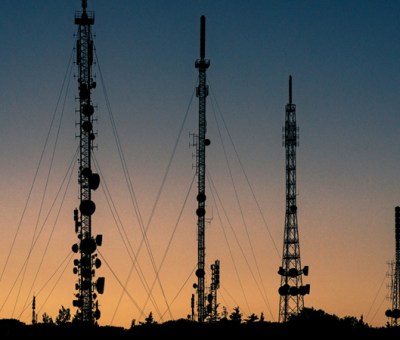March 10, 2020 | 9:44 pm
A measure allowing foreign ownership of telecommunications and transportation businesses was approved on third and final reading in the House of Representatives Tuesday.
Voting 136 in the affirmative and 43 in the negative with one abstention, the chamber passed House Bill (HB) 78 which seeks to amend Commonwealth Act 146 or the Public Service Act.
HB 78 distinguishes between a public service and a public utility and will remove the 60-40 rule on foreign ownership.
Public utilities were defined in the amendment as electricity distribution, electricity transmission, and water pipeline distribution or sewerage pipeline system. Telecommunications and transportation were removed from the list of public utilities.
Representative Edcel C. Lagman of Albay said he voted against the measure because it is “fatally violative of the Constitution as it allows traditional and sensitive public utilities like transportation and telecommunication companies to be owned and operated by foreigners to the extent of 100%.”
“This is contrary to Section 11 of Article XII of the Constitution which reserves the ownership, operation, control and management of public utilities to Filipino citizens or to corporations or associations at least 60% of whose capital is owned by Filipinos,” he said in a statement.
Various business groups and foreign chambers of commerce expressed support for the bill, saying that it “will provide a concise definition of public utilities, institute a rate-setting methodology that is fair to both investors and consumers, and facilitate greater competition in the public services sector.”
The groups include the American Chamber of Commerce, Australian-New Zealand Chamber of Commerce, Bankers Association of the Philippines, Canadian Chamber of Commerce of the Philippines, European Chamber of Commerce of the Philippines, Foundation for Economic Freedom, Japanese Chamber of Commerce and Industry of the Philippines, Korean Chamber of Commerce Philippines, Makati Business Club, Management Association of the Philippines, Philippine Association of Multinational Companies Regional Headquarters, Inc., and the Semiconductor & Electronics Industries in the Philippines Foundation, Inc.
“This legislation is long overdue and especially timely as it should help the Philippines recover from declining foreign direct investment. Net FDI declined by an estimated 30% during 2019 to $7 billion,” the group said in a joint statement issued March 9.
It also noted that the bill “strongly considers the protection of national security by adopting the same framework and measures for scrutinizing FDI for security risks used by countries such as the United States and Australia and the European Union.”
“An increase in FDI will create more business opportunities and jobs to improve the quality of life of Filipinos. By enabling the entry of more operators, the bill will improve the quality of public services, such as transportation and communication. These services are crucial inputs in domestic Micro, Small, and Medium Enterprises (MSMEs) and the daily life of Filipinos,” it said.
A similar bill, HB 5828, was passed during the 17th Congress in the House of Representatives but failed to be enacted. — Genshen L. Espedido

